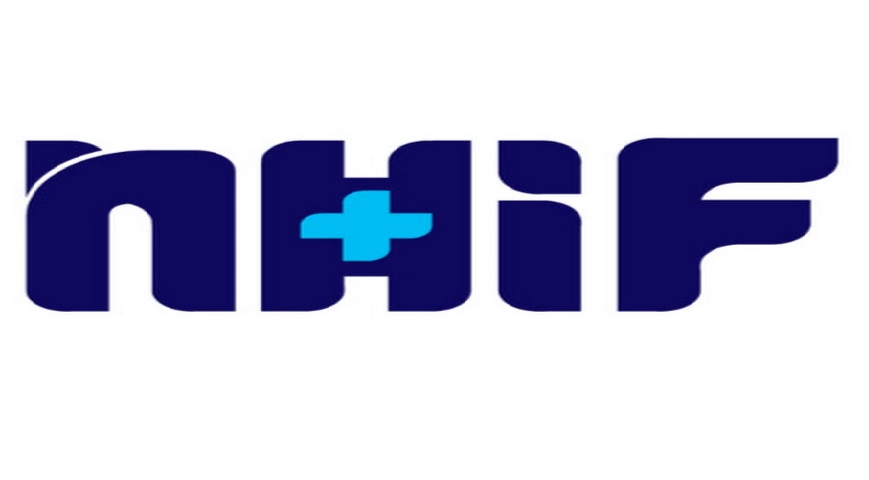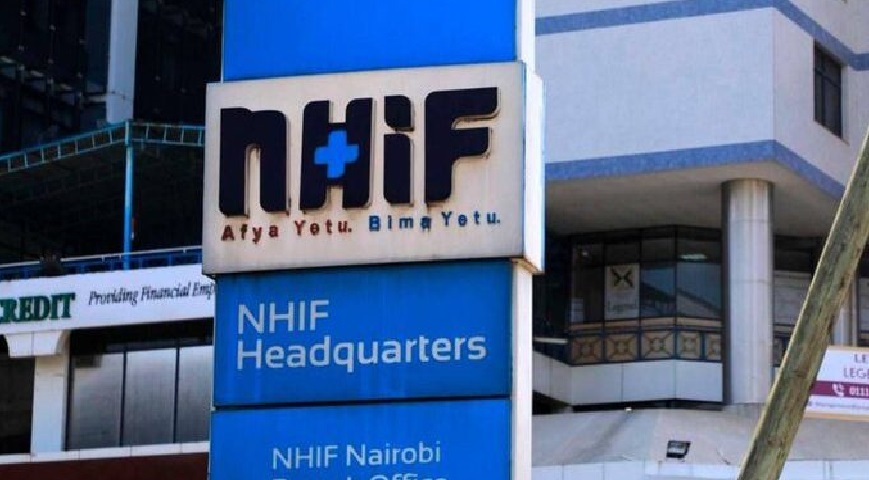The government's commitment to Universal Health Coverage (UHC) is anchored in the Social Health Insurance Fund (SHIF), which will replace the current National Health Insurance Fund (NHIF). Despite delays in the rollout, mass registration began on July 1, 2024, with the official launch scheduled for October 1, 2024. This initiative aims to ensure all Kenyans comply and register with the new Fund.
Under SHIF, those in formal employment will contribute 2.75 percent of their salaries through monthly deductions, while those in the informal sector will contribute Ksh.500 monthly.
This differs from NHIF, where employees contribute between Ksh.1,400 and Ksh.1,700 monthly, depending on their salaries, with employers matching the same amount. Meanwhile, self-employed Kenyans made a voluntary contribution of Ksh.500.
With the rollout of the program, the government aims to capitalize on over 17 million youths who are not NHIF members.
Under SHIF, anyone over the age of 25, including the unemployed, will be required to pay into the fund.
Did you read this?
In a recent interview, Health CS Susan Nakhumicha stated that the government would assess the economic characteristics of unemployed and self-employed Kenyans, such as their transactions on mobile money platforms, to determine how they will contribute to the Fund.
“If you live in a grass house, it cannot be hidden. We will observe the economic characteristics of the unemployed to see how they will contribute," Nakhumicha said in June 2024.
According to Section 26 (5) of the Social Health Act 2023, SHIF registration is mandatory for all Kenyans and foreigners residing in Kenya.
Failing to register means that non-members will be unable to access government services.
They will also face a penalty equal to two percent of the amount owed, accumulating based on the number of months in default.
"A person who is registerable as a member under this Act shall produce proof of compliance with the provisions of this Act on registration and contribution as a precondition of dealing with or accessing public services from the national government, county government or national or county government entities," the law dictates.
According to the Act, any employer who fails to remit contributions without lawful excuse may face a fine of up to Ksh.2 million or a three-year jail term, or both.
Furthermore, making a false statement, whether verbally or in writing, during registration to obtain preferential treatment or other benefits could result in a fine not exceeding Ksh.1 million, imprisonment for up to 60 months, or both.
Additionally, misappropriating any assets of the Fund may lead to a prison term of up to five years, a fine not exceeding Ksh.10 million, or both upon conviction.
The law also imposes penalties on anyone who impersonates a living or deceased person to obtain a benefit. Such individuals risk a fine of up to Ksh.1 million, a three-year jail term, or both.
Healthcare facilities that alter information to defraud the government face a fine of Ksh.2 million and may also be suspended or removed from the register of contracted healthcare providers.
If a facility is suspended, according to the law, the Social Health Authority will publish their names in the Gazette, and the institution will no longer receive any benefits from the Fund.











